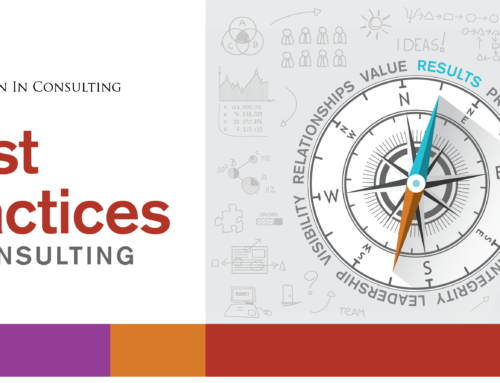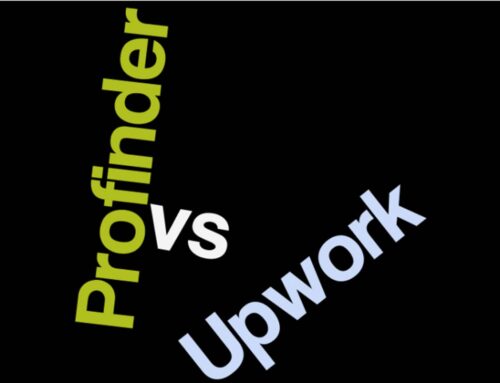As business owners, we maintain personal and business accounts, and we fill our personal bank account from our business bank account. So why not skip the middle man and just buy personal items straight from your business account? After all, it’s all your money right?
Surprise! The IRS sees that differently. No matter what type of business entity you own and operate– Sole Proprietor, LLC, S-Corporation or C-Corporation, no personal expenses should ever be paid for out of the business checking account.
I always imagine that if I were in an audit and had two charges on my credit card, one for business and one for personal, the IRS could look at that and disallow both transactions. Taxpayers are required to show proof of a purchase with a copy of the receipt. However, if you buy paper towels for your home and for the office, the IRS won’t be able to distinguish which is for home and office and would likely disallow both.
The best rule of thumb: keep business transactions in one account and personal transactions in another. This will make your bookkeeping life simple and increase your credibility with the IRS.
Personal and Business Accounts in Different Business Entities
You can however, take out money from your business account for personal expenses. Doing this cleanly depends on your entity:
Sole Proprietor/LLC – You can make multiple draws from your account as needed for cash flow, but do not pay your mortgage, or anything else, directly from the business checking account. Write a check made payable to yourself, and then make the payment from that account.
S-Corporation – In an S-Corporation, all owners are required to be on payroll. This should be your main source of income. The IRS will check to see if the payroll amount is sufficient for that purpose. If you need to pull money in addition to this payroll amount, you can do so by writing a check to yourself. In an S-corporation, this is called a distribution. One thing to remember though–do not take a distribution larger than your basis allows. (For an understanding on basis, see my basis article, which provides a ton of details)
C-Corporation – Just as with an S-corporation, all owners are required to be on payroll. If you want to pull money in addition to this payroll amount, you can do so by writing a check to yourself. In a C-corporation, this is called a dividend. Remember any dividend money given to the owner will be considered profits for the corporation and taxed at the corporate level, and will also be taxed at the personal level because the corporation will issue you a 1099-DIV. This is the double taxation in a C-corporation that you probably have heard about.
When to Use Your Personal Account
There are two types of expenses that are commonly paid from a personal checking account, even though they are related to the business.
Home Office Expenses – Everything for your home should be paid from your personal account. Most of the primary expenses of a home–mortgage interest, property taxes, utilities, association dues, etc. are related to your personal use of the home. To claim the home office deduction and expense a portion of these to your business, give the total amounts paid to your tax preparer during the tax year. He or she can calculate your percentage of business use and your deduction based on your business entity.
Auto Expenses – Unless the vehicle is owned by the business, pay for all auto expenses from your personal account. This includes gas, registration, repairs and insurance. To deduct auto expenses, at the end of the year, provide your tax preparer with the actual cost to operate the vehicle. Based on the mileage driven, he or she will help you can determine what percentage of the actual costs are your business expenses. Knowing the business percentage is important, especially if, for example, you use one vehicle 82% and another vehicle 7% for business.
Generally speaking, you should not commingle expenses in business and personal accounts. Set aside one credit card to use for business only, even if it is in your personal name. You’ll have less grief when it comes to tracking your business expenses and if the IRS ever comes knocking.









Thanks for the tip given n this article. I had recently opened a current account for my business nearby bank with the guidance of a CA firms in mumbai consulted via Sulekha.com.
Many thanks to them and you too Renee for letting us know the important of having separate account.